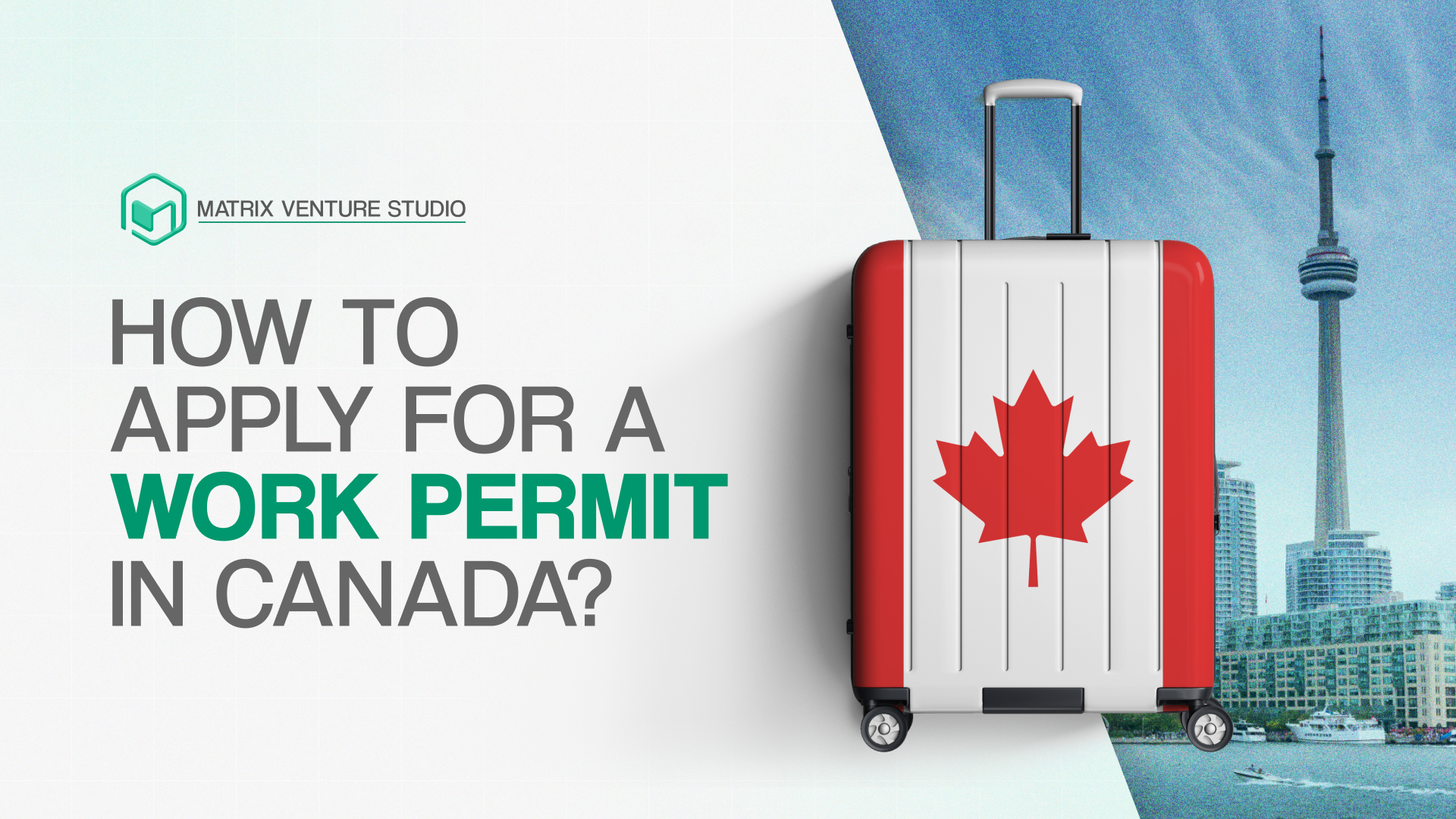I enjoyed a wonderful and productive conversation today with the Canada South India Chamber of Commerce (CSICC) including several South Indian business owners and entrepreneurs who contribute so much to our city’s economy and quality of life. pic.twitter.com/VIWupMlVsL
— Josh Matlow (@JoshMatlow) January 27, 2024
Indian companies have splashed a significant $6.6 billion in investments in Canada. This shows just how strong economic ties are between the two countries. If you're an Indian entrepreneur wanting to spread your business in Canada, this blog is your go-to guide for everything you need to know to kickstart your business in Canada.
Legal Framework and Business Laws to Start a Business in Canada
Starting a business in Canada? Well, you'd need to go through some regulations and laws. Some will feel similar to what you might find elsewhere, like labor laws, environmental protection, and data privacy. But then, there are a few uniquely Canadian rules, like French language requirements in Quebec.
Employment and Labor Laws
Canadian workplace standards have got all sorts of rules, from labor laws to health and safety standards, and labor relations programs. Most of these fall under provincial jurisdiction, but some industries are federally regulated, making things a bit tricky for businesses spread across multiple provinces.
Compliance teams have their hands full ensuring they’re up to date with the various regulations on wages, working hours, and leave policies. Still, new changes to these laws can add to the regulatory chaos. That’s where bringing in business consulting experts can streamline and centralize all those governance processes across your different offices and entities.
Environmental Laws
If you want to meet your environmental responsibilities in Canada, you need an efficient governance framework. Why? Because Canada splits its environmental rules between federal and provincial governments, which can make things a bit tricky.
You’ve got federal rules like the Canadian Environmental Protection Act and the Fisheries Act along with provincial rules on agriculture, forestry, mining, and hydroelectric development. With everyone so eco-conscious these days, the regulatory pressure is on, demanding you keep an eye on both big picture and local details. Otherwise, you may suffer financial burns and a bad reputation.
French Language Laws
Since Quebec has more prominent French roots, the Charter of the French Language makes French the official language there. This means that if you’re doing business in Quebec, everything from your product labels to your website needs to be in French. So, you'd need to get translations right or you might run into some legal headaches.
Data and Privacy Laws
Besides dealing with international rules like GDPR (General Data Protection Regulation), your business in Canada has to juggle with PIPEDA (Personal Information Protection and Electronic Documents Act) and CASL (Canada's Anti-Spam Legislation) too.
CASL is one of the world's strictest anti-spam laws, making compliance challenging. But the stakes are high with data protection, and nobody wants hefty fines or angry customers. So, you should get serious about data practices to keep everything running smoothly and stay out of trouble.
Documents Required
Here's a list of some documents typically required for immigration from India to Canada to start a business:
- Passport or other valid travel documents
- Canadian Permanent Resident Card (if applicable)
- Business Name Registration (if applicable)
- Articles of Incorporation or Partnership Agreement
- Residential address proof in Canada (e.g., lease agreement, utility bill)
- Detailed plan outlining business goals, market analysis, financial projections, etc.
- Proof of investment funds for the business (bank statements, investment certificates)
- Tax Identification Number (TIN) or Social Insurance Number (SIN) for business taxation
- Industry-specific licenses and permits required for operation
- Intellectual property documents (patents, trademarks, copyrights)
Just a heads up: this list might change a bit depending on where you set up your business in Canada and what kind of business you're running. Each province and territory has different rules. So, you should consult with immigration consultants to ensure all necessary documents for startup visa application are prepared and in compliance with Canadian laws and regulations.
Registering a Company in Canada from India
To register a company in Canada from India, you can undertake the process independently or with professional assistance, like RCICs or immigration consultants. Here are some things you must know:
- If you already operate a business in India and seek to establish a presence in Canada or change your business domicile, just make sure to register your business with the Canadian government and pick a business structure that suits you.
- Don't forget to bring your paperwork showing your existing business is legitimate, and you might need to tweak your business name a bit to make sure it’s unique in Canada.
- No matter if you're running a tiny café or a giant tech company, you’ll need to register in a Canadian province or territory, which usually means getting a federal business number.
- Corporations must also register with the Canada Revenue Agency (CRA) to obtain a corporation income tax account.
- Identify and obtain necessary licenses and permits.
- Open a dedicated business bank account and planning tax obligations, with support available from CRA liaison officers for small business owners.
In Canada, the following three primary business structures are recognized:
- Sole proprietorships are ideal for small, single-owner businesses like creative ventures or small-scale enterprises. Just remember, all the profits and debts fall on your shoulders, with profits taxed at personal income rates.
- Partnerships are suitable for businesses with multiple owners. Partners share responsibility for debts and determine profit distribution.
- Corporations are a distinct legal entity separate from owners and shareholders. This saves individuals from personal liability for corporate debts. Corporations must undergo federal incorporation and manage additional regulatory and paperwork obligations.
Remember, regulations can vary by province or territory, so you'll need to follow the local guidelines. No worries, though — immigration lawyers are there to help and can offer comprehensive business support.
Essential Licensing and Registration for Starting a Business in Canada
If you're running a business in Canada, you should make sure you've got all your licensing, permits, and registrations sorted. This keeps you legal and away from penalties. The following are some common types of licenses, permits, and registrations essential as businesses expand:
- You need municipal licensing if your business operates in designated areas or engaging in activities that could affect local residents.
- Environmental and zoning permits are necessary for you if your business impacts the environment or involves hazardous materials. Zoning and building permits are also required for construction projects and related activities.
- Sole proprietorships and partnerships register their business names provincially. This establishes credibility and protects against conflicts with similar business names and trademarks.
- Businesses must register for provincial tax regimes and in some cases, register in other provinces where they operate or meet specific income thresholds.
- While businesses earning less than $30,000 annually may not need to register for federal sales taxes (GST/HST), most must register with CRA for a business number, especially if they have employees.
Now, if you're wondering what permits and licenses you need, check out BizPal. It gives you location-specific advice on what hoops you need to jump through based on your business type. Plus, reach out to federal government resources and local business support networks.
When Do You Need a Business License or Permit in Canada?
The rules for business licensing, permits, and registrations vary across federal, provincial, and municipal levels. At the federal and provincial levels, there’s no one-size-fits-all licensing system for most businesses, except for the big players like broadcasters or telecom companies, which need their special licenses.
Now, if you’re into an industry that messes with the environment or handles dangerous materials, you’ll need federal and provincial permits to keep things eco-friendly and legal.
If your business has the potential to disrupt residential areas or operates in specific zones, you'll probably need a municipal business license. These licenses are key to keeping the peace with local rules and making sure everyone's happy.
Conclusion
Indian companies are really cashing in on Canada! But navigating Canada's legal maze—from labor laws to environmental rules and data privacy—can be a bit of a rollercoaster. Plus, you must nail down licenses and permits at every level of government. With some savvy planning though, Indian entrepreneurs can succeed in the Canadian market!





Leave a reply